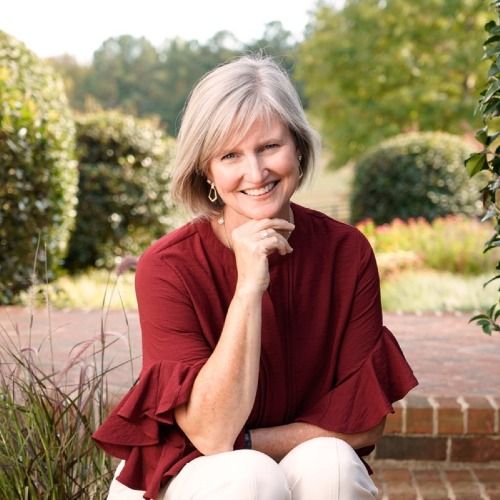Episode 3
Talk Talk...with Jack! Week 3: Homer's Odyssey
I'm reading Ted Gioia's "Immersive Humanities Course," 52 weeks of World Classics. We continue with the Odyssey this week. I'm joined this week by my son Jack Drury. Jack is pursuing a Masters in Classics at the University of Chicago, so we are on familiar ground for him here.
I'm a beginner at reading the classics, but I've decided to just "crack the book" and get started. Here are a few of my key take-aways from this week:
What will I take from this week? Let’s see:
- A deeper understanding of Greek mythology. I have a copy of Bullfinch’s Mythology on my bookshelf and will probably be dipping in and out of it soon.
- A better view of the ancient world, its customs and habits of life. I know it’s fiction, but the way the poem describes the interactions between people of different classes, between men and women, and between city-states is eye-opening. I’m tempted to carry my modern worldview into these stories, and to find fault with various people. Instead, I really have to suspend my judgement to understand what is going on and how it compares to what I already know.
- A richer view of the Bible, believe it or not. I’ve read the Bible through about ten times (maybe more). Reading other ancient works ADDS to my understanding of the world the ancient Hebrews lived in. It’s one thing to understand the Old Testament, but so much richer to understand how very different the Hebrews’ struggles with God were compared to the Greeks’ encounters with their array of gods and goddesses.
Finally, my last take-away is one that deserves its own paragraph. I am angry, honestly, that every bit of this kind of literature was erased from my education. Who did that? Why? Who decided that Flowers for Algernon was worth my attention but Odysseus and Telemachus and Pallas Athena and Penelope weren’t?
Jack and I also have a long discussion about the heart of the Odyssey. What is it truly about? Is it a homecoming, or a story of exiles, or a model for suffering? How can we as 21st-century Americans relate to these ancient Greeks?
This is a year-long challenge! Join me next week as we head to eastward and read Confucius.
CONNECT
To read more of my writing, visit my Substack - https://www.cheryldrury.substack.com.
Follow me on Instagram - https://www.instagram.com/cldrury/
LISTEN
Spotify - https://open.spotify.com/show/5GpySInw1e8IqNQvXow7Lv?si=9ebd5508daa245bd
Apple Podcasts - https://podcasts.apple.com/us/podcast/crack-the-book/id1749793321
Captivate - https://crackthebook.captivate.fm


